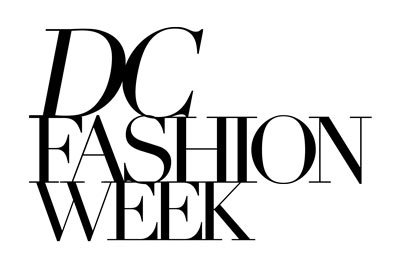Wearing clothes is a unique form of self-expression. The types of clothes you wear can say a lot about you, which is why many people often emphasize the importance of dressing appropriately for every occasion.
Whether it’s weddings, business negotiations, or job interviews, when a wearer dresses the part, they’re likely to gain the respect and admiration of their peers. Plus, you might have noticed that your clothes can shape the way you feel about yourself. For instance, donning a sharp suit paired with elegant cufflinks, Burlix men’s crew socks, and dress shoes may give you a big confidence boost during a work presentation.
Clothes make the man, as the old saying goes, but perhaps there’s more scientific truth to that than most people realize. In fact, there’s a growing area of scientific research that focuses on what’s referred to as enclothed cognition. This concept explores how the clothes a person wears can affect their psychological processes and attitude.
Yes, you read that right—your clothes not only make an impact on the look and feel of your personal style, but also your mental performance and behavior. If you want to learn more about why your clothing choices matter, below are some reasons that have some scientific basis behind them:
Your Outfit Can Change the Way Others Perceive You
Every clothing piece and accessory matters when you’re dressing for any occasion. Because of this, many people take their time looking for the perfect accessories or right color combinations for their outfits. This is also why you might choose a more expensive brand of shoes if you’re going out on a date, as you may want to show off your high financial status. While these differences seem inconsequential, people do notice them, and they can affect the way you’re perceived by others.
Small Details, Big Impressions
People have the innate ability to thin-slice during their interactions with others. Thin-slicing is a psychological process where people find small “slices” or details from a certain experience. Then, based on the information they’ve gathered, they draw their own conclusions about a person or situation. It’s usually done instantaneously, so much so that people barely notice they’re doing it.
In fact, thin-slicing often occurs when we create our first impression of someone, even if we barely know them. For instance, seeing a woman wearing glasses and a knitted sweater might give you the impression that she’s studious and intelligent. By contrast, a man who wears dirty sweatpants and tattered shirts might be perceived as disorganized and unkempt.
In one famous study, a man showed up at a black-tie event wearing a red bowtie. This small fashion deviation had a big effect on how people immediately perceived him. When interviewed, members of the event stated that they saw him as someone competent and successful, as he had the confidence to pull off an unconventional look during the formal event. However, it’s important to note that people respected him because he wore something slightly unconventional. Imagine the impression he’d make if he showed up to the event in joggers and a t-shirt.
So, when you get dressed for a wedding or business function, you may want to consider adding a unique twist to your outfit. Just be sure not to overdo it.
Your Choice of Clothing Can Affect Your Thought Processes and Behavior
There’s a lot of truth to the saying “dress for success.” Indeed, multiple research efforts have found that if a person wears clothes specifically made for or associated with a certain task, their mindset and ability to carry out the task improves. One study showed that students who wore their school uniforms displayed better academic performance than those who didn’t. Another study conducted on students found that those who wore lab coats displayed better focus in mental tests compared to those who wore regular clothes.
Some research has shown that wearing business attire can improve your abstract thinking. Due to its formal nature, business attire often projects an image of distance and professionalism. Hence, researchers suspect that wearing this attire may encourage your brain to enter a more “distanced” state as well, making it easier to process abstract thoughts. This means that your usual suit and tie not only keeps you stylish, but also lends you some brain power during your most important tasks.
Attire Can Alter Your Behavior
Your choice of clothes can also influence your behavior in surprising ways. For example, formal clothes can affect your hormonal levels.
In one study, professionals who wore their business attire during negotiations were found to have higher testosterone levels compared to those who wore casual clothing like sweatpants. Additionally, those wearing formalwear displayed more dominance during their negotiations, achieving a higher success rate compared to the group in informal clothing. More than just feeling like a boss, your office attire can help you work like one, too.
Although research on enclothed cognition is still being developed, it has certainly uncovered some interesting information about our relationship with apparel. Knowing the psychological and even physical effects of your clothing can help you utilize them in a way that benefits you most in your day-to-day life. So, the next time you need to bring your A-game to work, school, or big events, you can depend on your clothes to help you in more ways than one.
